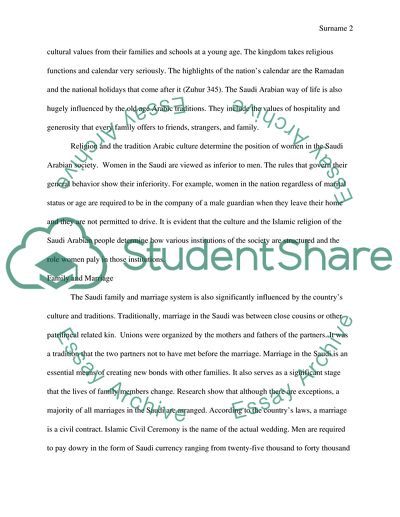Cite this document
(“Women in the family in Saudi Arabia Research Paper”, n.d.)
Women in the family in Saudi Arabia Research Paper. Retrieved from https://studentshare.org/social-science/1686699-women-in-the-family-in-saudi-arabia
Women in the family in Saudi Arabia Research Paper. Retrieved from https://studentshare.org/social-science/1686699-women-in-the-family-in-saudi-arabia
(Women in the Family in Saudi Arabia Research Paper)
Women in the Family in Saudi Arabia Research Paper. https://studentshare.org/social-science/1686699-women-in-the-family-in-saudi-arabia.
Women in the Family in Saudi Arabia Research Paper. https://studentshare.org/social-science/1686699-women-in-the-family-in-saudi-arabia.
“Women in the Family in Saudi Arabia Research Paper”, n.d. https://studentshare.org/social-science/1686699-women-in-the-family-in-saudi-arabia.


